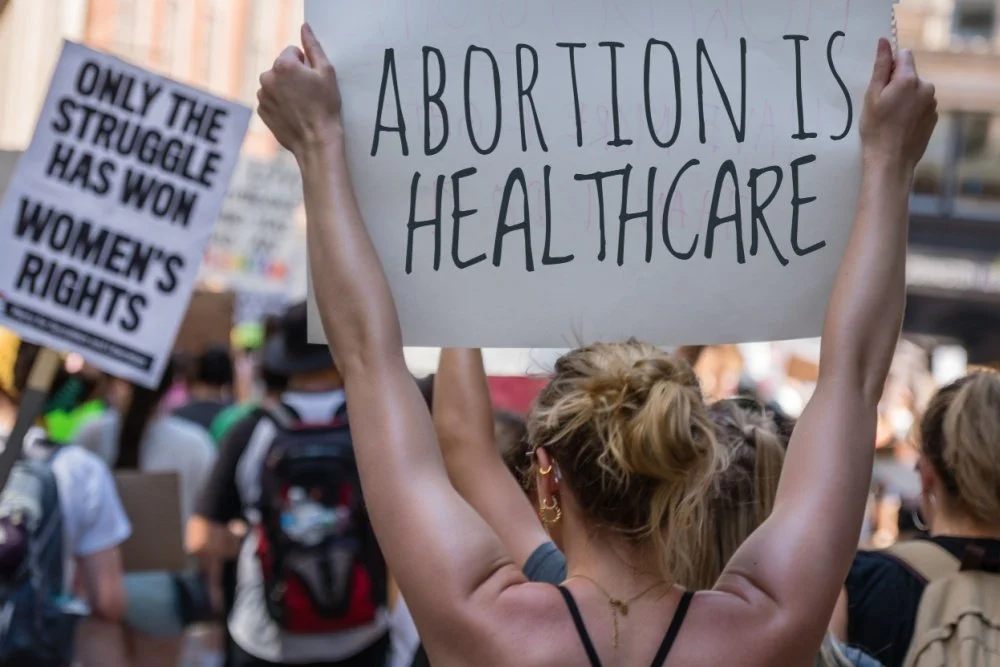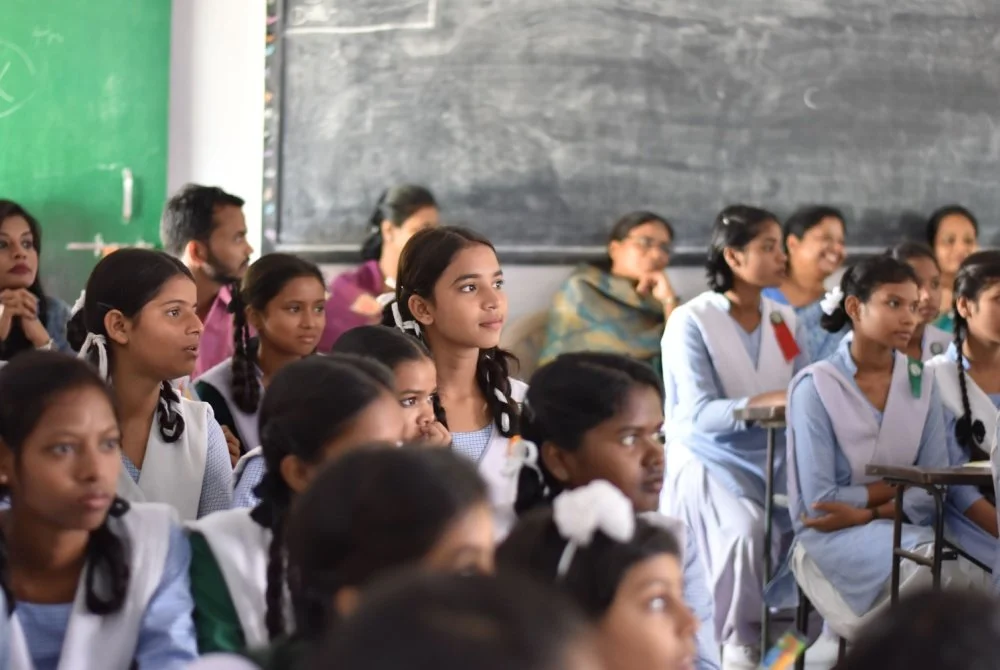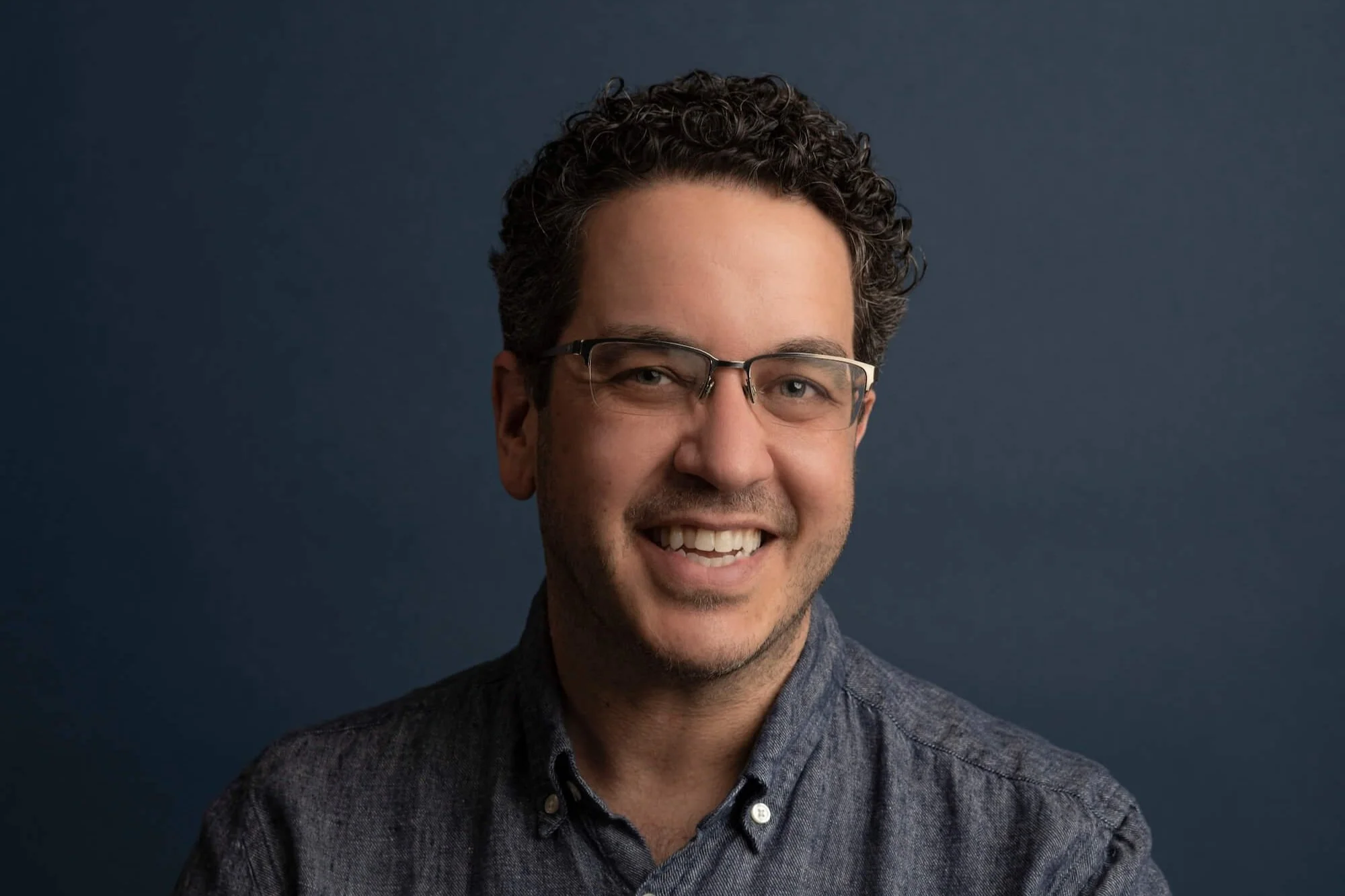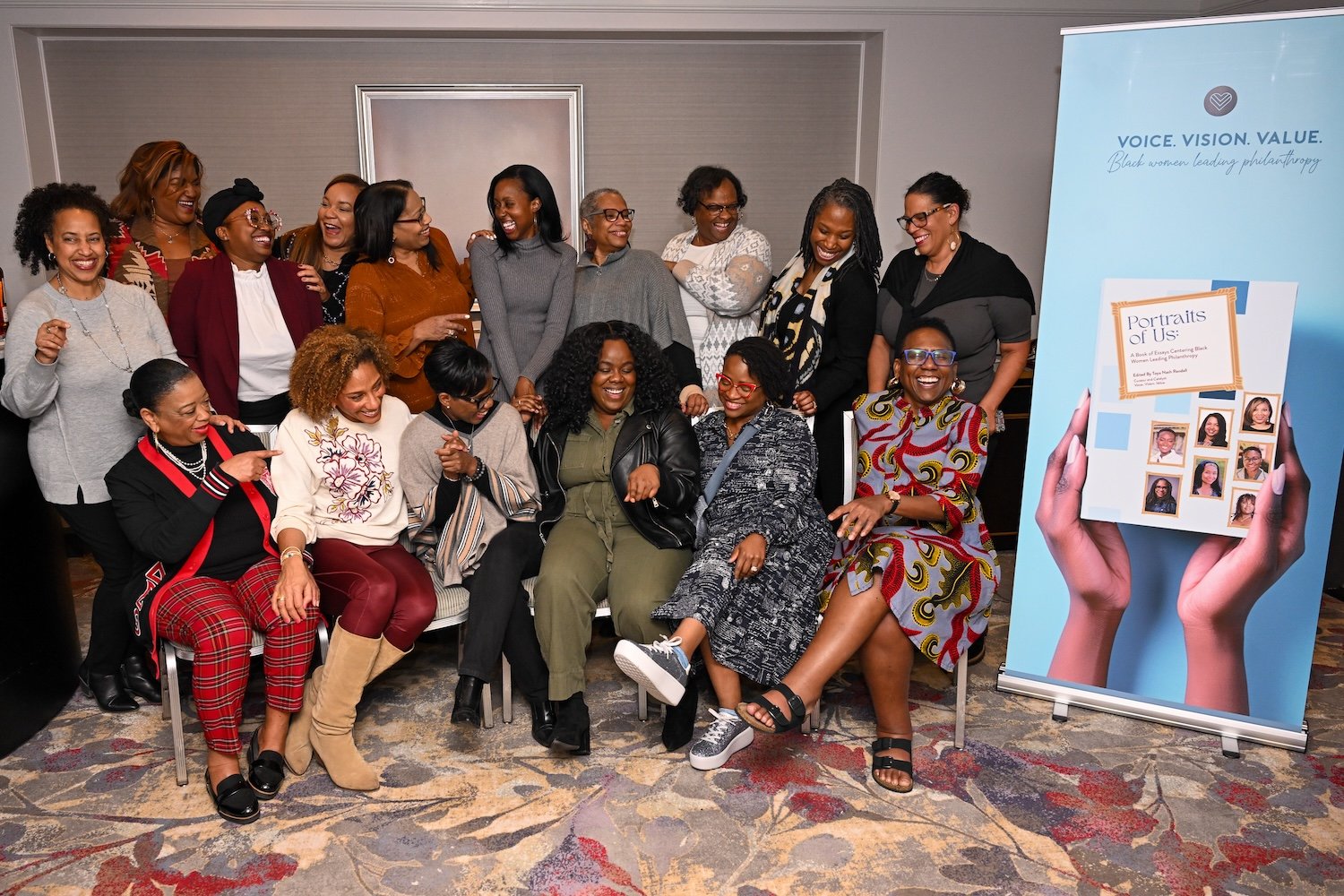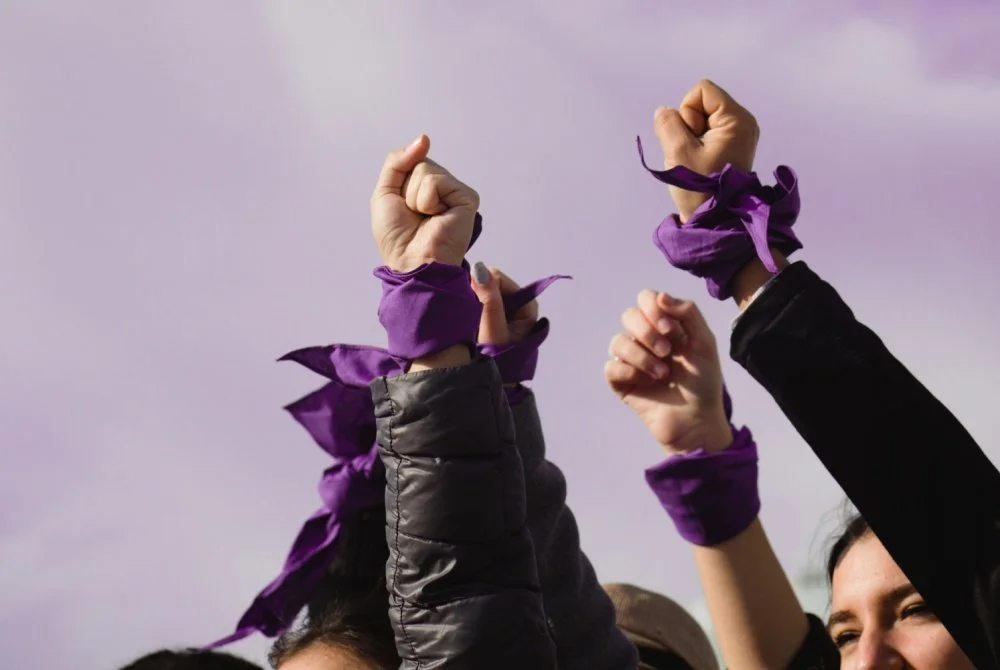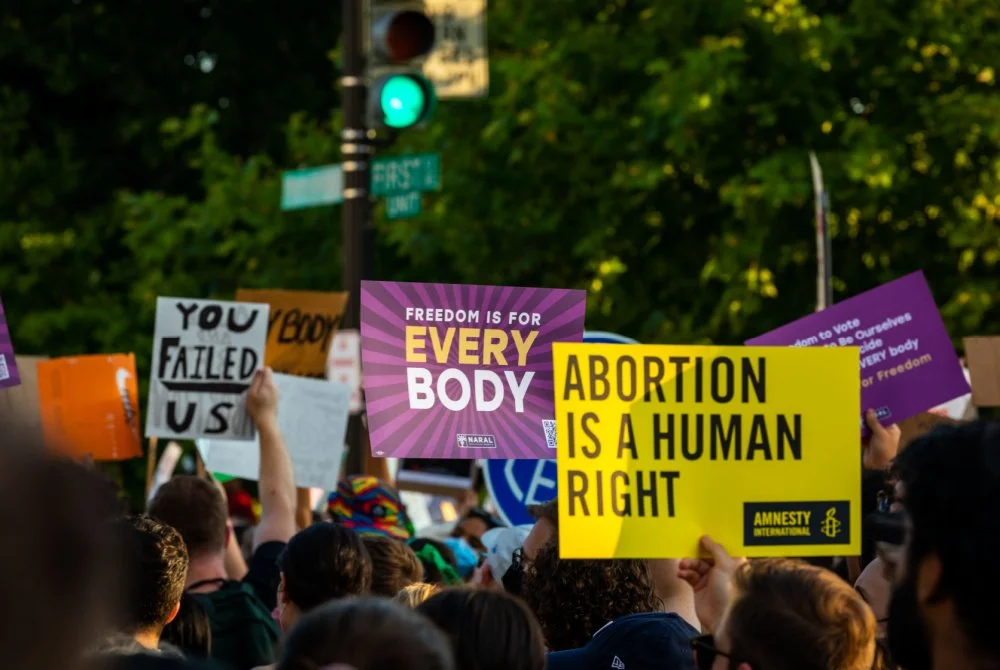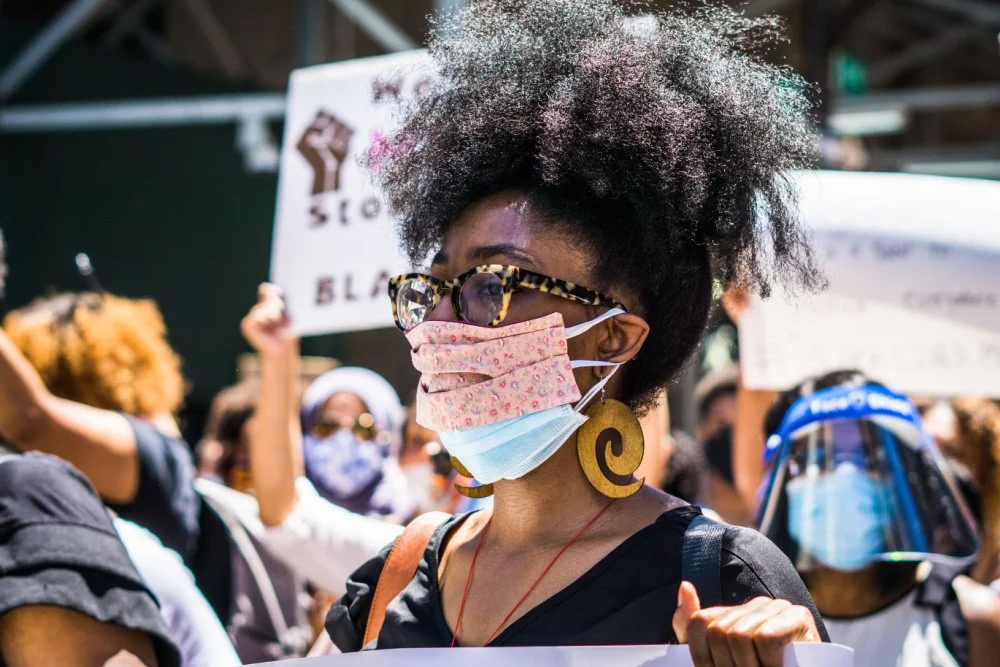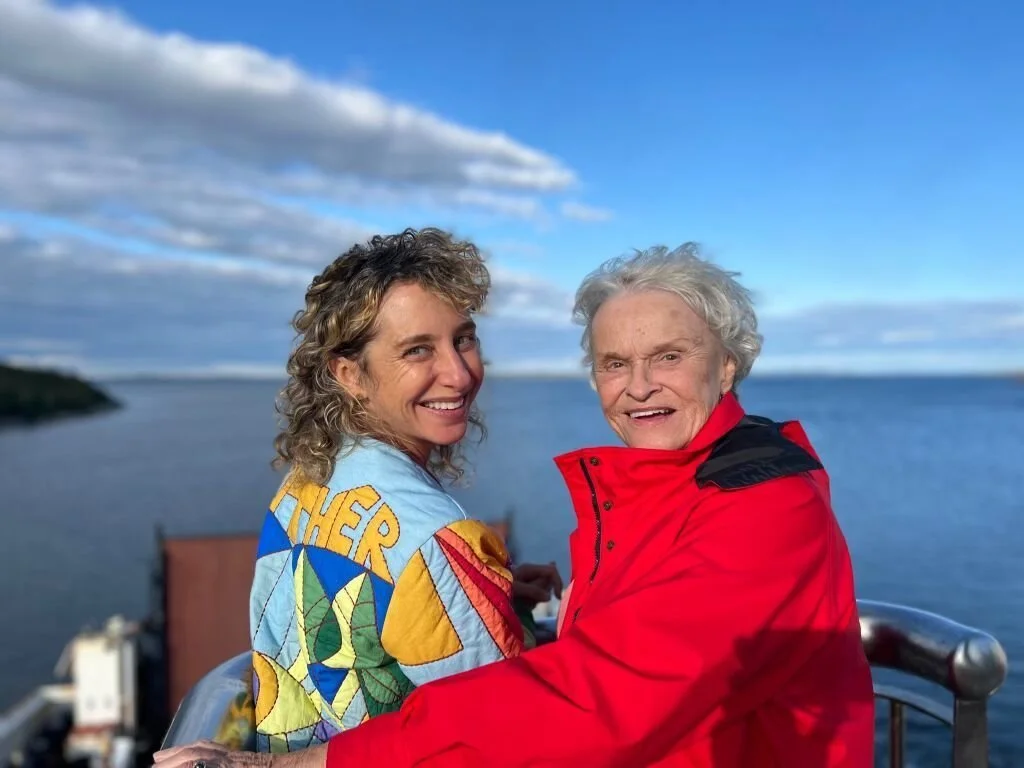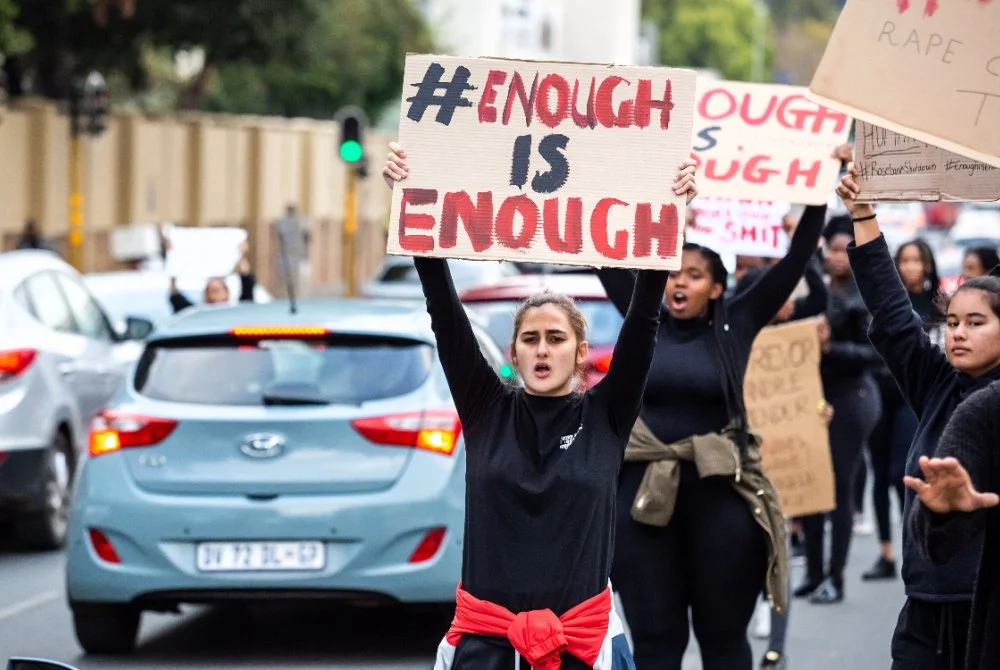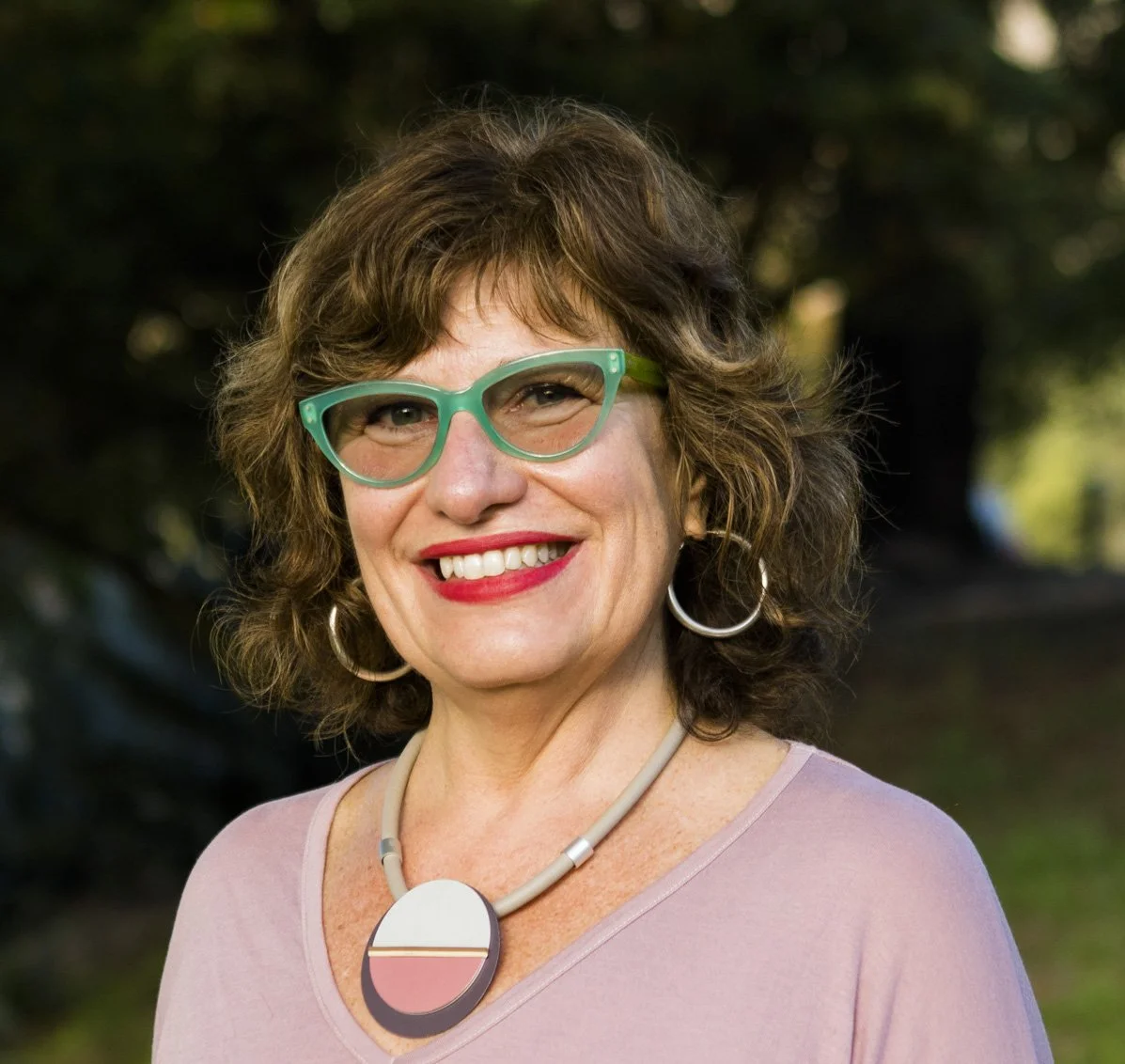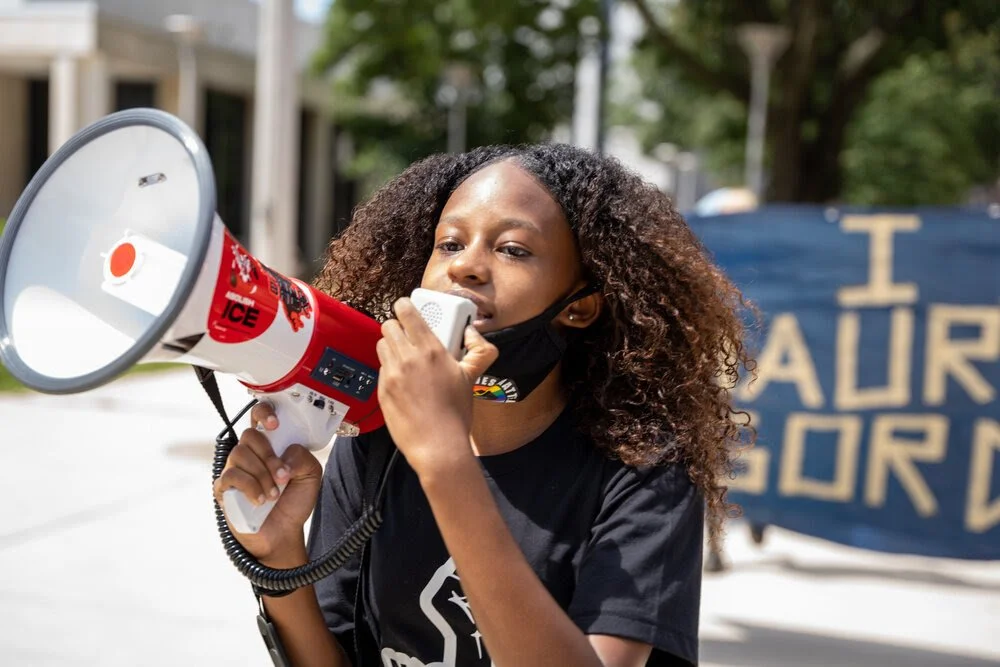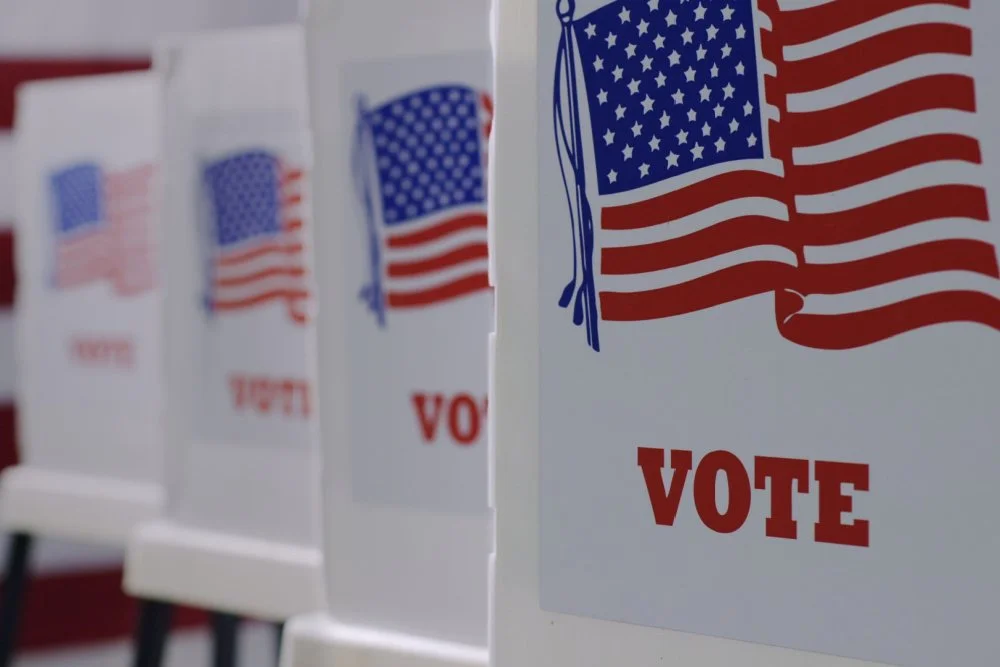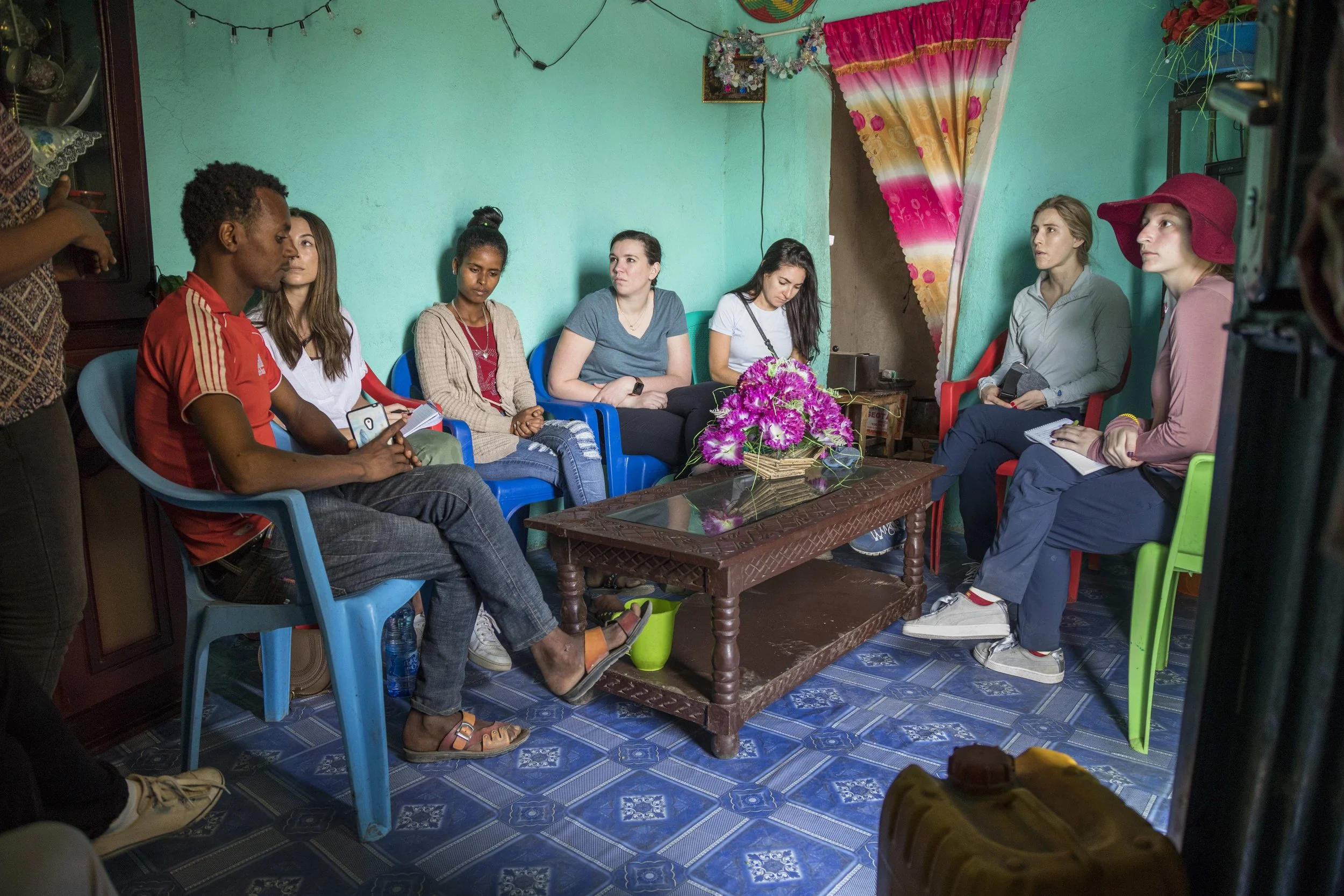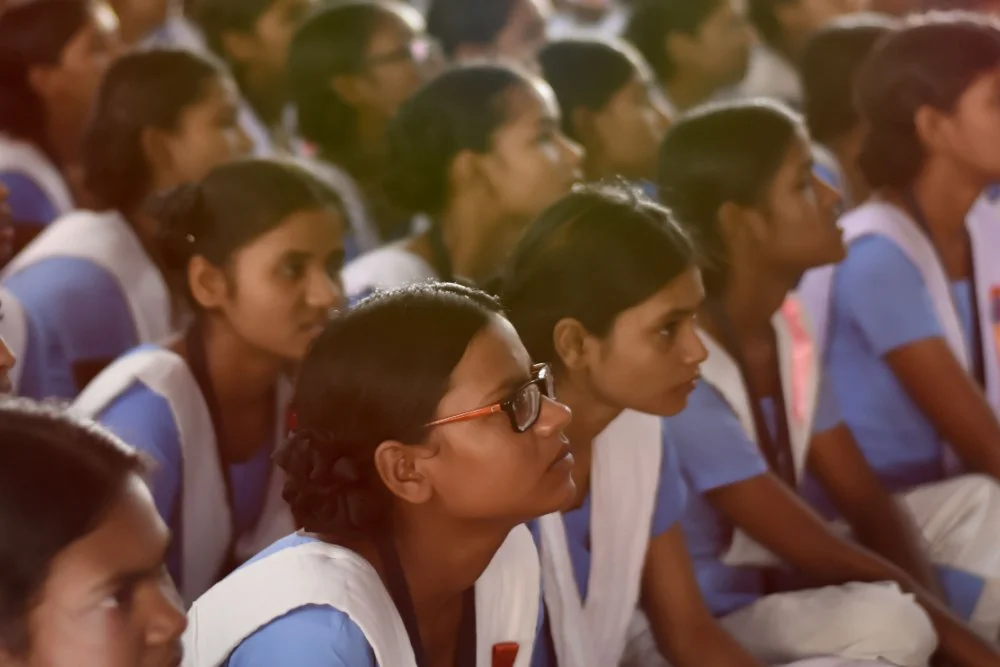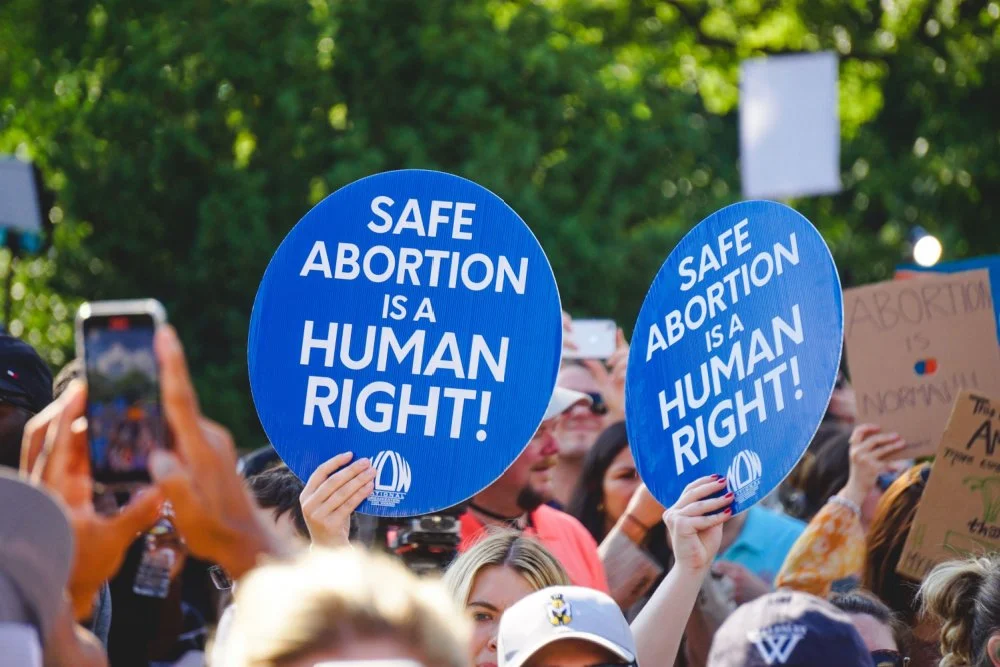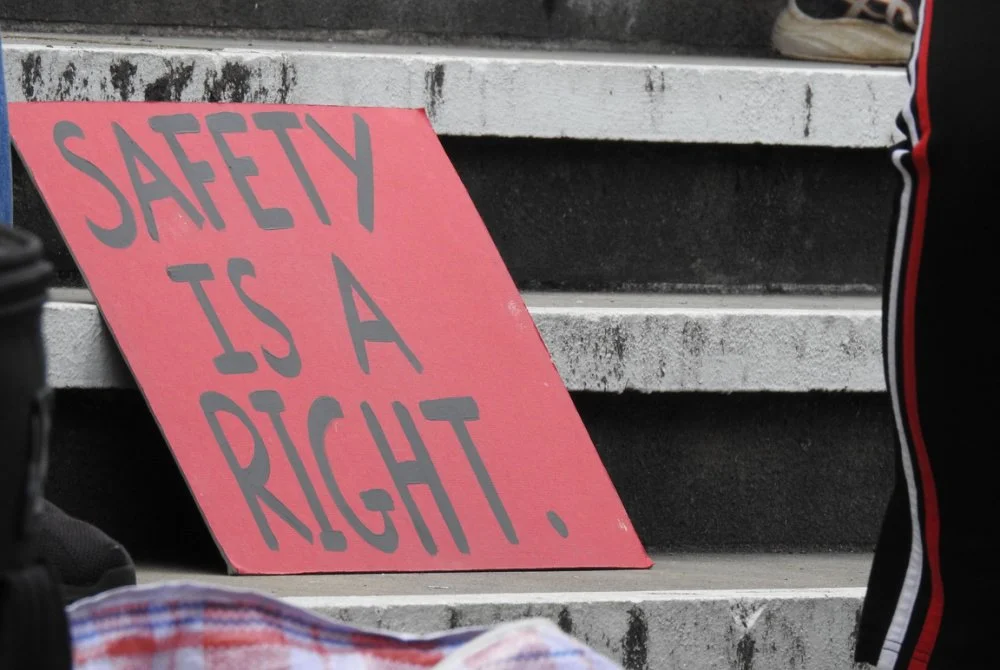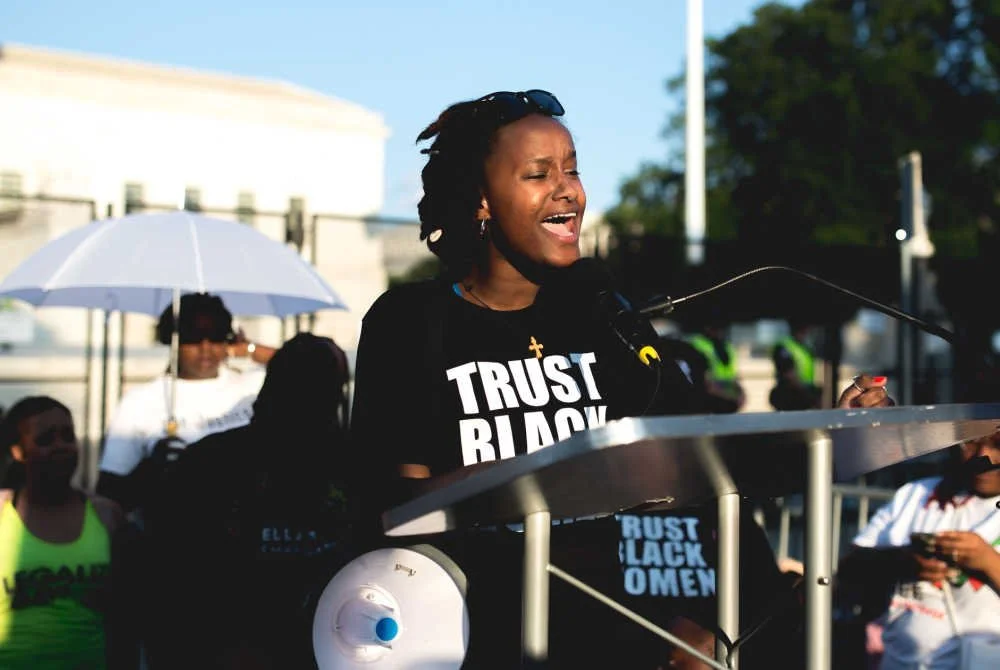Spirit of Adventure: A Local Funder Helps Girls Chart Their Course
/MB Images/shutterstock
Can girls choose their plans and dreams, advocate for their own funding and reach their goals? With the help of mentors, yes. We find the proof in Minnesota, where a regional funder has awarded small, one-time grants to 4,576 girls in grades K-12 to give them access new experiences, with grantmaking totaling more than $1.7 million since 1997.
The Ann Bancroft Foundation (ABF) supports a mentorship program for female youth in which a non-family member guides them through an application, funded activity and evaluation survey. The ABF’s model creates a multigenerational community of grantees, mentors, families, financial supporters and program partners that continues to grow and evolve.
Record-breaking polar explorer and Minnesotan Ann Bancroft established the foundation in 1991. She said, “When a girl has confidence, everything is possible. Everything.” Bancroft organized and led the first all-woman expedition to Antarctica, becoming the first known woman to reach both poles across the ice, among other triumphs, and she holds many accolades. She was inducted into the National Women’s Hall of Fame and has been named Ms. Magazine’s “Woman of the Year.”
ABF originally created curricular materials to educate youth on Bancroft’s historic expeditions, then shifted its methodology in 1997 to focus on direct, personalized grantmaking for girls. Funding for girls is an expanding philanthropic area that still has plenty of room to grow. For example, from 2011 to 2015, about 23 percent of the $9.4 billion foundation funding for human rights targeted women and girls. A few of the other funders we’ve covered who support girls and their empowerment include the Coach Foundation, NoVo Foundation, S.H.A.U.N. Foundation for Girls, New York Women’s Foundation, and Saban Self-Worth Foundation.
How Does ABF Work?
With the help of a mentor, girls can apply for one of two ABF grants of up to $500, which are meant to provide new experiences, challenges and character-building opportunities for young people. “Dare to Dream” grants fund art, cultural, educational, leadership, and outdoors and wilderness experiences for girls in grades four through 12. The foundation states the grants allow them “to begin exploring the outside world [and] recognizing their own abilities, values and strengths in the process.”
The other grant option is the “Let Me Play” grant. It funds sports, athletic and dance equipment or participation fees for girls in kindergarten through 12th grade. ABF hopes these opportunities give girls and young women “the opportunity to be part of a team, build strength and confidence, and push themselves farther—on the field and off.” Grant applications are open to Minnesota residents in the appropriate age ranges “who identify as a girl and [are] inclusive of cisgender, transgender, gender nonconforming and gender nonbinary people.” The foundation gives grants directly to the activity provider identified by the girl. ABF states grant decisions are based on “several factors,” one being a broad definition of need, “which can include but is not limited to financial need, a personal or family challenge, or other barriers.”
“In recent years, we have funded Scrubs Camp, travel to the Paris Climate Talks, AAU basketball,
Robotics Team expenses… The application process is often the first time a girl learns to advocate for herself,” said Sara Fenlason, ABF executive director.
One grantee who visited historically black colleges and universities told ABF, “I was able to see who I can become and the love that was given to the Black students on those campuses versus what I am seeing and experiencing in [Minnesota] as a young Black lady. I was very proud and honored to have received this grant.” Her statement highlights the depth of impact ABF’s focused funding can have. A nine-year-old girl who used her grant for dance lessons said, “I was kind of scared of trying new things, but dance made me feel like I could do new things.”
“I noticed a significant increase in self-confidence,” a recent mentor said of a mentee. In the fall of 2018, ABF awarded $81,192 to 171 Minnesota girls, including Nicole, who will play tuba with her traveling high school band, and Camryn, who will compete in extreme cheerleading, also on the road.
How ABF Responds to Grantee Feedback
In 2016, ABF partnered with the Improve Group to evaluate its program outcomes and impacts. It reports very positive results, with a great majority of girls indicating an increase in traits like “confidence, self-esteem, pride and self-advocacy.” For example, 97 percent of the girls who responded said applying for their grant helped them think about, describe and work toward their dreams.
ABF also requested grantee suggestions, and we asked Fenlason how the foundation responded. For one thing, the girls wanted to be informed of other opportunities in which they might be interested. The ABF team has used social media and email to share grants, scholarships, applications for service on public committees, tickets to special events, and other activities that might benefit their alumnae.
“This year, we are launching a targeted quarterly e-news for alumnae and mentors that will contain opportunities and other content,” Fenlason says. Girls also asked for an online application, which is now available. The foundation will also send electronic grant notifications in 2019.
Former grantees hope eventually to be allowed to apply for subsequent ABF grants, but this is not yet possible. Fenlason tells us, “We are not yet financially sustainable—we are a grantmaking foundation without an endowment [or] earned income, which means we raise 100 percent of our funds through contributions every year. That is why our mission currently supports one grant per girl.”
However, over the next 18 months, ABF is engaging in a strategic planning process and feasibility study for a potential endowment effort. “Endowment funds would provide the perpetual income needed to support current programs,” Fenlason says, and would let it consider second grants for previous recipients.
ABF grantees also suggested that mentors be given more guidance—perhaps a checklist—of what they should offer grantees, including instructions to help girls seek more support in the future. Fenlason reports ABF is indeed giving these kinds of suggestions to mentors, and in some cases, to the parents or guardians of the mentees—it started incorporating this messaging with grant notifications in 2018. “[In] 2019, our program director is launching a comprehensive communications plan for grantees and their mentors in the weeks and months after they receive their grant awards, suggesting what might be valuable to do, offer and discuss with their mentees,” she says.
Fenlason also tells us that in the summer of 2019, ABF is launching an alumnae survey to help it develop its alumnae relations program for girls and their mentors.
“I want all of Minnesota to know that ABF is the only organization doing what we do—giving small monetary grants to girls to ignite them to live out their dreams and possibilities,” Bancroft has said.
Now in its 22nd year, the Ann Bancroft Foundation is a novel and hopefully sustainable foundation. It stands out for its unique mentorship model and its confidence that girls, when supported, are fully capable of selecting and carrying out activities that they deem personally worthwhile and fulfilling—much in the spirit of its founder.


